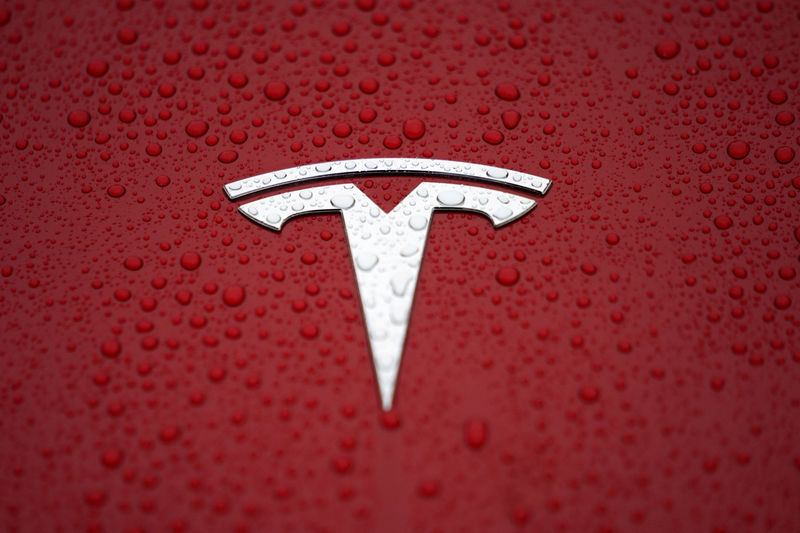This post was originally published on this site

Musk believes the company needs to radically rethink conventional manufacturing methods in order to produce electric vehicles at larger volumes that are both more affordable and profitable.
Investors have eagerly anticipated the revelation of what many consider to be Tesla’s holy grail: an electric vehicle priced below $30,000. As of now, the most affordable Tesla model begins at over $40,000. The unboxed assembly process is intended to enable Tesla to hit that ambitious price target.
When the new process was revealed at Tesla’s March 1 Investor Day, executives said it would make the company’s next-generation vehicles “significantly simpler and more affordable.”
Officials said the unboxed process could cut production costs in half and reduce the factory footprint by 40%. The aim, said the company, is to “build more vehicles at lower cost.”
However, assemblage of the new techniques will not be fully tested until the system is installed at Tesla’s new plant in Monterrey, Mexico in late 2024, where the company plans to build a new generation of sub-$30,000 EVs.
Martin French, the managing director of consulting firm Berylls, expressed curiosity about whether Tesla’s initiative could potentially replace the long-standing lean manufacturing techniques pioneered by Toyota (NYSE:TM) over the course of several decades.
“I got the feeling when I watched the Tesla (presentation) that the Toyota Production System handbook has just been thrown up in the air and machine-gunned down,” French said.
Jan-Philipp Büchler, a German researcher from the Free University of Dortmund, believes Tesla’s new process is “revolutionary,” adding: “This is much more than modular production … It’s eliminating steps that were standard, creating new patterns of working, increasing speed, reducing complexity.”
Tesla is still testing various elements of the system, but if everything works as planned, the unboxed process could rewrite the industry’s standard playbook and practices.
Though some, such as Lean guru, Hide Oba believe that Tesla’s process “won’t work unless production of these big, high-content unboxed vehicle modules are completely synchronized, and finished blocks arrive for a final put-together just-in-time,”
Oba also questions whether Tesla can produce multiple vehicle models of different sizes and body styles on the same production line with the unboxed system.
“My guess is that’s next to impossible,” Oba said. That is because the way Tesla has sliced or “unboxed” the vehicle into several big blocks is so radical, and the dimensions of those blocks do not appear to offer much room for manufacturing variables.
“That could become a drag on the company’s overall efficiency since Tesla’s model lineup is sure to become more varied and complex” in the future, he said.
Shares of TSLA are up 0.03% in pre-market trading on Monday.


